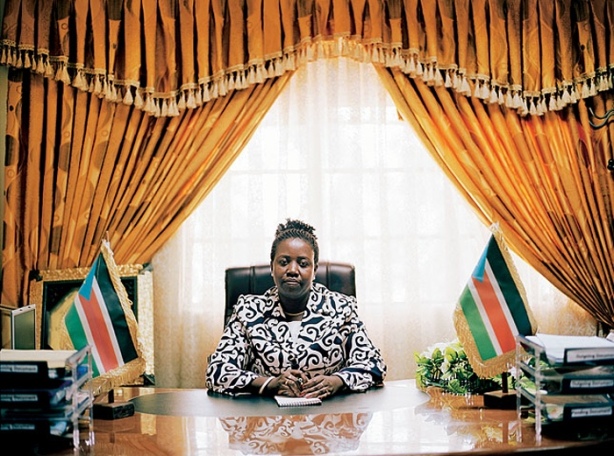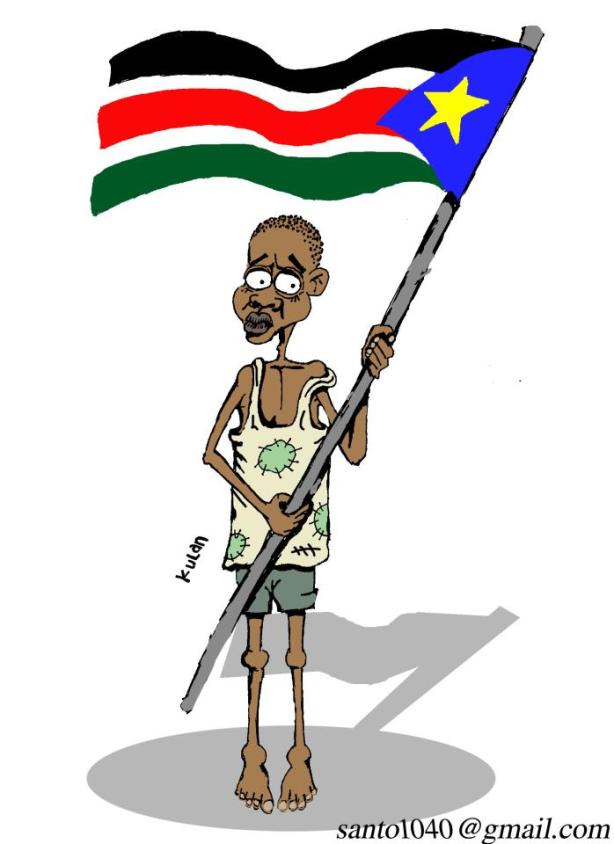By Apioth Mayom Apioth, USA
September 1, 2015 (SSB) —- In our contemporary South Sudanese society, office work is always associated with progress. As a result, people tend to look down on jobs that require manual labor, and many more professions that are seen, having nothing to do with sitting behind an office desk, such as doing entrepreneurial enterprise. In Juba, for instant, an Ethiopian water tanker’s owner, whose business charges 15 SS Pounds per home, could walk away with 3,000 SS Pounds by the end of the day after having visited 200 homes.
Meanwhile, a South Sudanese accountant, who obviously sits behind a desk from Monday through Friday, filing business transactions, makes about 900 SS Pounds a month. Furthermore, a whole lot of Bangladeshis are doing road construction, obviously brought over by the NGOs; whereas some of our very own people are going hungry, refusing to make something happen for themselves.
There had been no country in the history of our planet earth, where everyone did office work, and they had actually achieved economic prosperity. In the very office, where we supposedly to do work, running water and the light need to be turn on; and sources of these power outages are operated by a variety of workers ranging from technicians to engineers to environmental scientists: they are also mandated to travel from place to place, surveying their assigned areas, looking for obstacles that may get in the way of their work.






